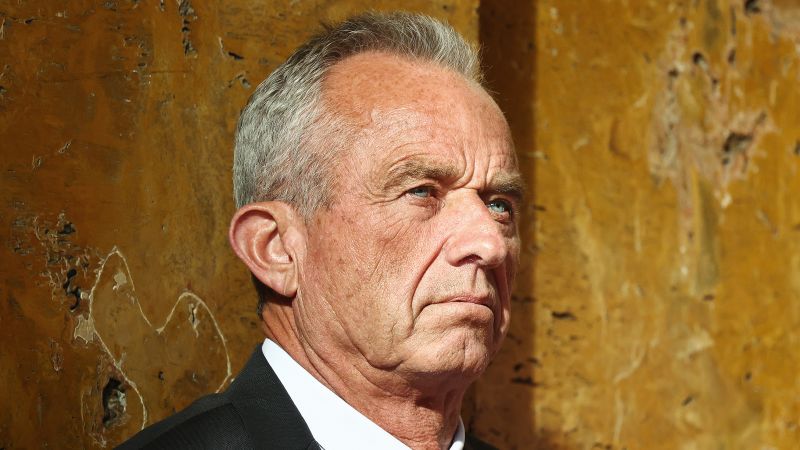The presidential campaign of Robert F. Kennedy Jr. recently received criticism for language used in fundraising emails that referred to January 6 defendants as “activists” who have been “stripped of their constitutional liberties.” The emails also drew parallels between the legal cases against those arrested in connection to the Capitol attack and the plight of Julian Assange, the founder of WikiLeaks, whom they called a “political prisoner.” This language, similar to that used by former President Donald Trump and his allies to defend the January 6 rioters, was described as an error by the campaign spokesperson Stefanie Spear, who attributed it to a new marketing contractor.
Kennedy’s campaign messaging came under further scrutiny after he argued on CNN that President Joe Biden represented a greater threat to democracy than Trump, despite acknowledging that Trump’s efforts to overturn the 2020 election posed a threat as well. Kennedy’s argument centered around his own experience of being blocked on social media during the Biden administration, with a focus on the importance of the First Amendment. This perspective contrasts with the views of Trump and his Republican allies, who have frequently defended the individuals arrested in connection to the Capitol attack, referring to them as “hostages” and even suggesting that Trump would pardon a “large portion” of them if reelected.
The fundraising appeals from Kennedy’s campaign sought to stoke fears of government overreach, a core theme of his candidacy, by drawing attention to what they perceive as injustices in the treatment of January 6 defendants. The messages highlight a broader narrative around the state of American democracy, with references to individuals like Assange and Snowden as examples of individuals who have faced government persecution. The language used in the emails reflects a strategy to rally support by framing the legal cases against the Capitol attackers as a threat to constitutional liberties, painting them as victims of government overreach.
The controversy surrounding Kennedy’s campaign messaging underscores the divisions within American politics and the differing perspectives on issues such as the January 6 Capitol attack and the treatment of the individuals involved. By aligning with themes of government overreach and defending those arrested in connection to the attack, Kennedy’s campaign risks alienating certain segments of the electorate while also appealing to others who sympathize with the defendants’ plight. The use of inflammatory language and comparisons to high-profile figures like Assange serves to frame the fundraising appeals in a context of broader concerns about freedom of speech and due process in the United States.
Ultimately, the language used in the fundraising emails by Robert F. Kennedy Jr.’s campaign represents an attempt to rally support by tapping into fears of government overreach and invoking emotional responses around issues of justice and constitutional rights. The messaging strategy has drawn criticism for its rhetoric and comparisons to controversial figures like Assange, as well as for its alignment with narratives that echo those of former President Trump and his allies. The campaign’s response to the backlash, attributing the language to a marketing error, highlights the challenges of navigating complex political issues in a polarized environment and underscores the importance of messaging and communication in shaping public perceptions and support for a presidential candidacy.


